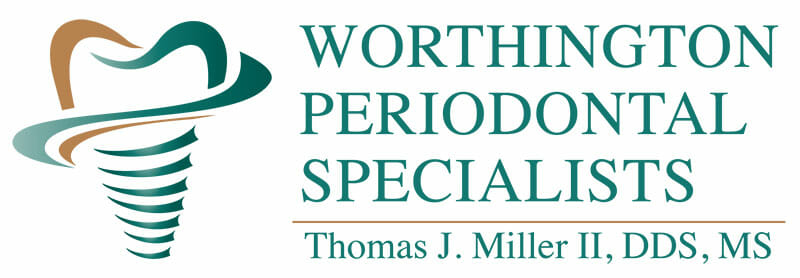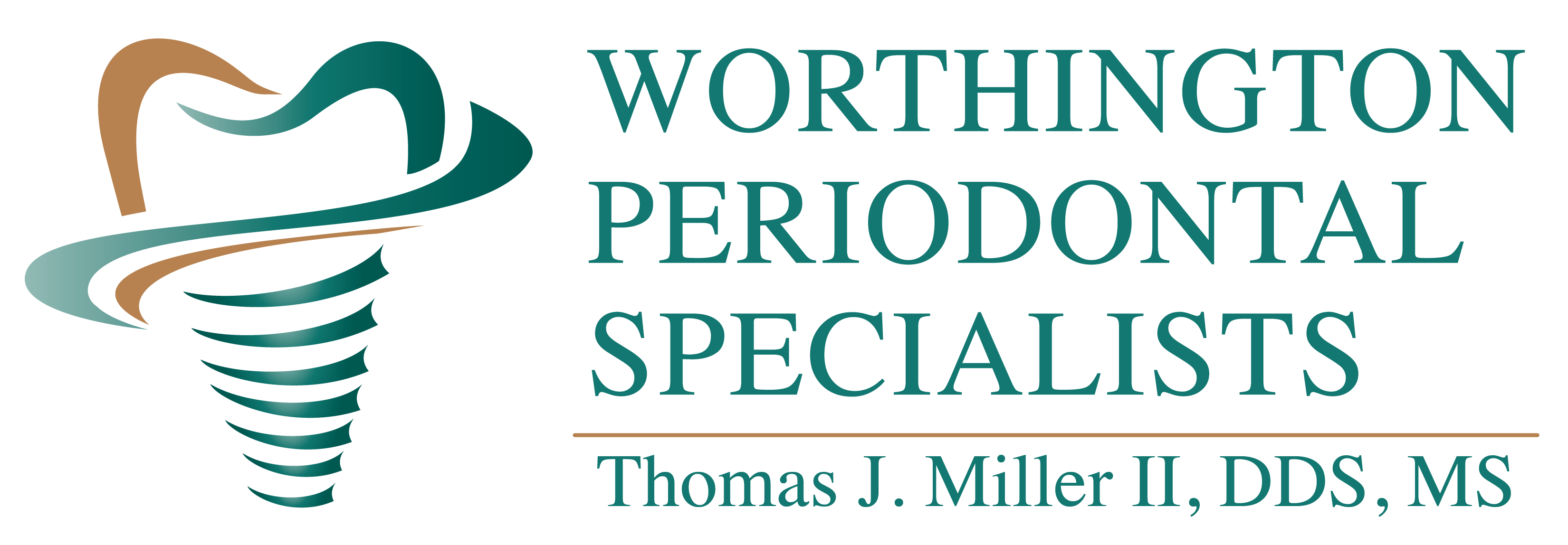We'll Work Hard To Ensure Your Benefits Are Maximized
Schedule Your New Patient Appointment Today! Appointments
Featured Services
- Bone Grafting
- Bruxism Teeth Grinding
- Chao Pinhole Surgical Technique (PST)
- Dental Implants
- Gingivectomy
- Guided Tissue Regeneration
- Gum Grafting
- Osseous Surgery
- Periodontal Maintenance
- Periodontal Plastic Surgery
- Ridge Augmentation
- Ridge Preservation
- Scaling and Root Planing
- Sedation
- Sinus Lift
- TMJ
- Tooth Extraction
For New Patients
While dental health can be intimidating when extensive treatments are needed, rest assured that we will answer any questions you may have about the procedures we recommend. We are always available to help you understand and make sure that you have all the facts about treatments and diagnosis. Below are some of the most frequently asked questions. Remember that we are here to help! If you ever have any questions, just give us a call.
What are the common symptoms of periodontal disease?
Periodontal disease is much more common than you may think. Early symptoms often include swelling, inflammation, or bleeding of the gums. Other symptoms may include bone loss or the detachment of the gums from the teeth. Your best preventive measure is to make sure that you have your gums and teeth checked regularly, so that we can begin treatments early in the diagnosis.
Why is a periodontal disease considered a risk?
Left unchecked, periodontal disease could result in tooth loss. If caught earlier in the disease progression, in most if not all cases, tooth loss can be avoided. In the long term, however, any time you neglect your teeth there can be serious consequences.
In addition, periodontal disease has been connected to other diseases, such as diabetes, low birth weight, stroke, some forms of cancer, and heart disease. Taking good care of your mouth and teeth plays a significant role in your overall health.
How frequently should I have my teeth cleaned?
It is commonly recommended that you have your teeth cleaned and your dental health checked at least every six months. Not only do you prevent such issues as cavities and the formation of plaque and gum infections by having regular checkups, but you also gain a strong head start in addressing potentially bigger periodontal issues. If you have had certain medical procedures, your dentist may recommend you come in more frequently so that progress can be monitored.
As part of your regular checkup, we will discuss with you your oral hygiene routine. We can address any problem areas you have and make sure that you are doing the right things to ensure your teeth and gums remain healthy.
What is the difference between a periodontist and a regular dentist?
The basic difference is that periodontists usually have an additional three years of training beyond the requirements for general dentistry. This training allows a periodontist to specialize in gum care and related treatments more than a regular dentist may have. By having the specialized training, a periodontist has more experience with oral surgery, gum and tissue grafting, dental implants, and other such treatments. If you are having difficulty with your gums that requires specialized surgery or care, or if you will need an implant, a periodontist is the best choice to visit for your treatment.
How safe is laser surgery?
The shortest answer to this question is yes; laser surgery is incredibly safe. It is actually considered a more effective and less invasive way to treat gum disease than traditional methods. Different types of laser surgery began gaining approval by the FDA in the 1990s, and more continue to be approved every year. Some benefits of laser surgery are that you will experience less pain and swelling, and far reduced healing time from your procedures than you would experience with traditional treatment methods.
Are there any genetic links to periodontal health?
Studies have shown a link between genetics and periodontal health. As many as 30% of adults are genetically more susceptible to gum disease. What this means is that even if you have a strong oral health care routine, you may be more prone to periodontal disease than others. The best way to keep on top of your oral health is by having regular checkups. Doing so will help us catch any early signs of gum disease and make sure they are treated before they become problematic.
Does insurance cover periodontal treatments?
While every dental plan is different, most cover at least some of the costs of periodontal treatments. Our staff are experts in insurance and are always happy to help you understand what may or may not be covered. Give us a call and we can discuss your specific circumstances.
Is there anything I should bring in for my first visit?
Please bring a list of any current medications you are taking, as well as any relevant medical history. This helps us understand any risk factors you may have. Also, bring in your dental insurance card so that we can make sure any procedures or treatments are covered.
We are looking forward to seeing you and helping you get on the path to a lifetime of great oral health!


Review our office or socialize with us!